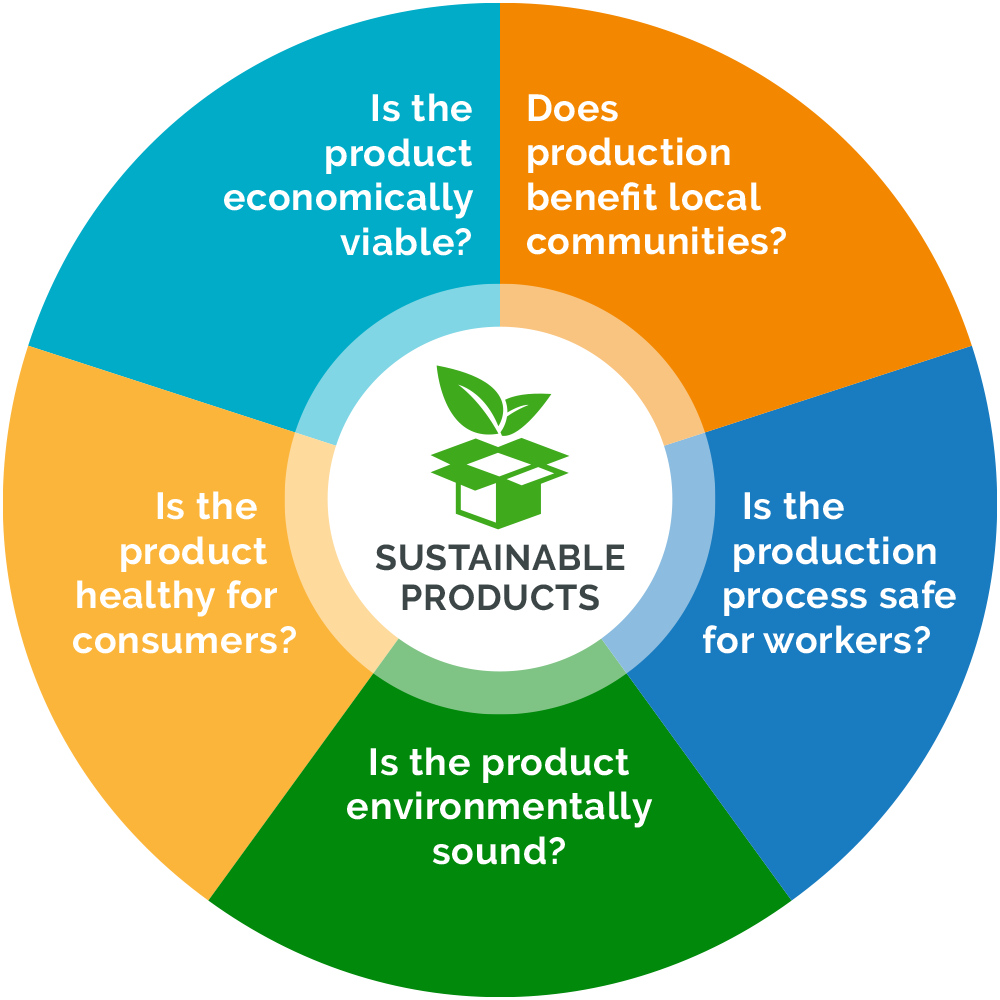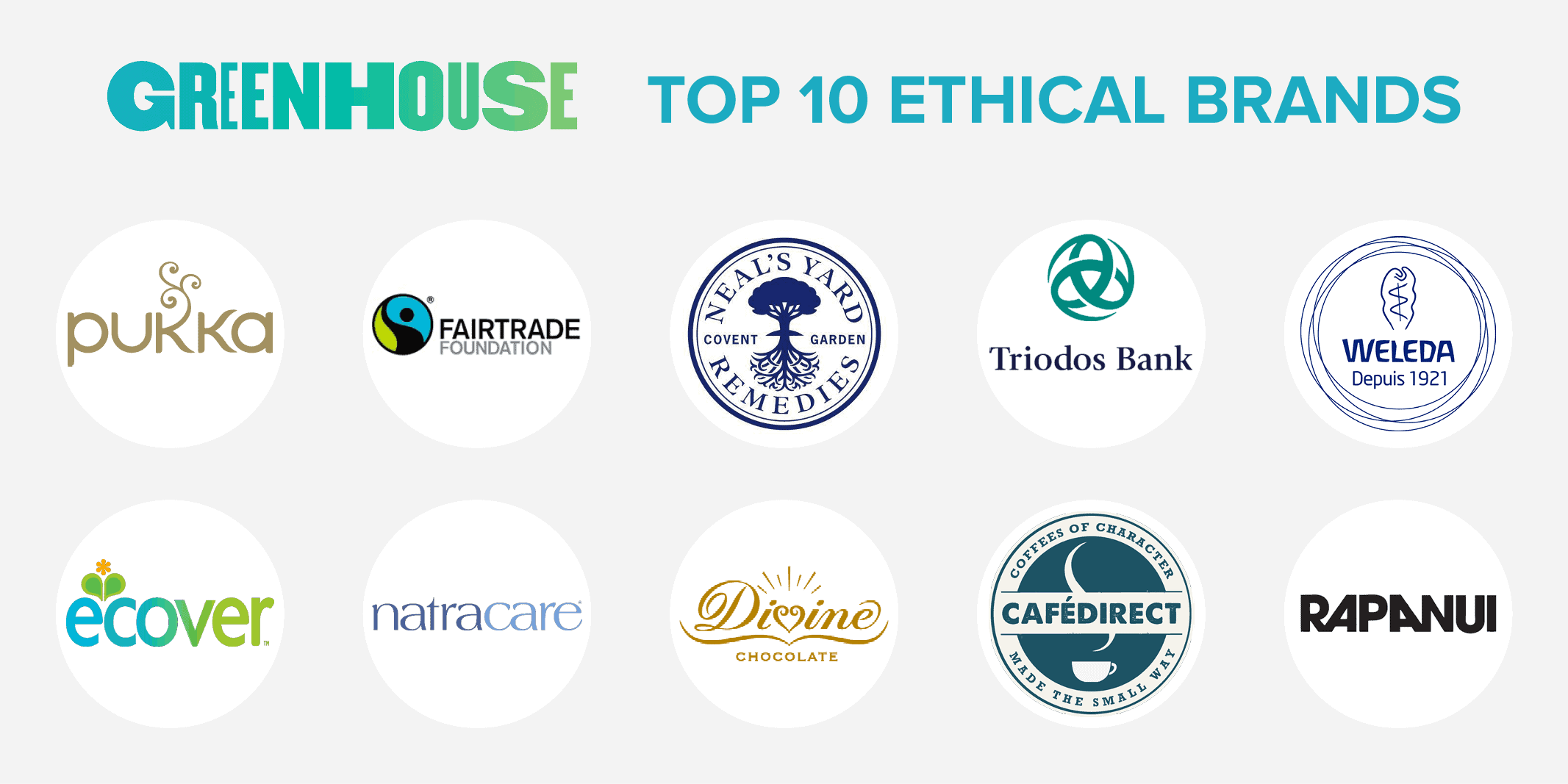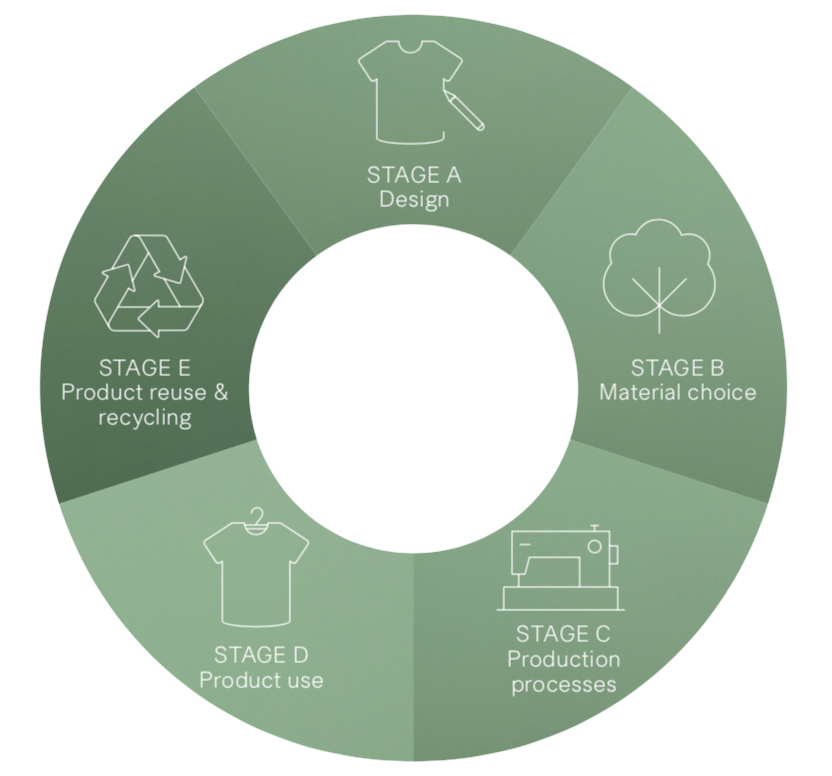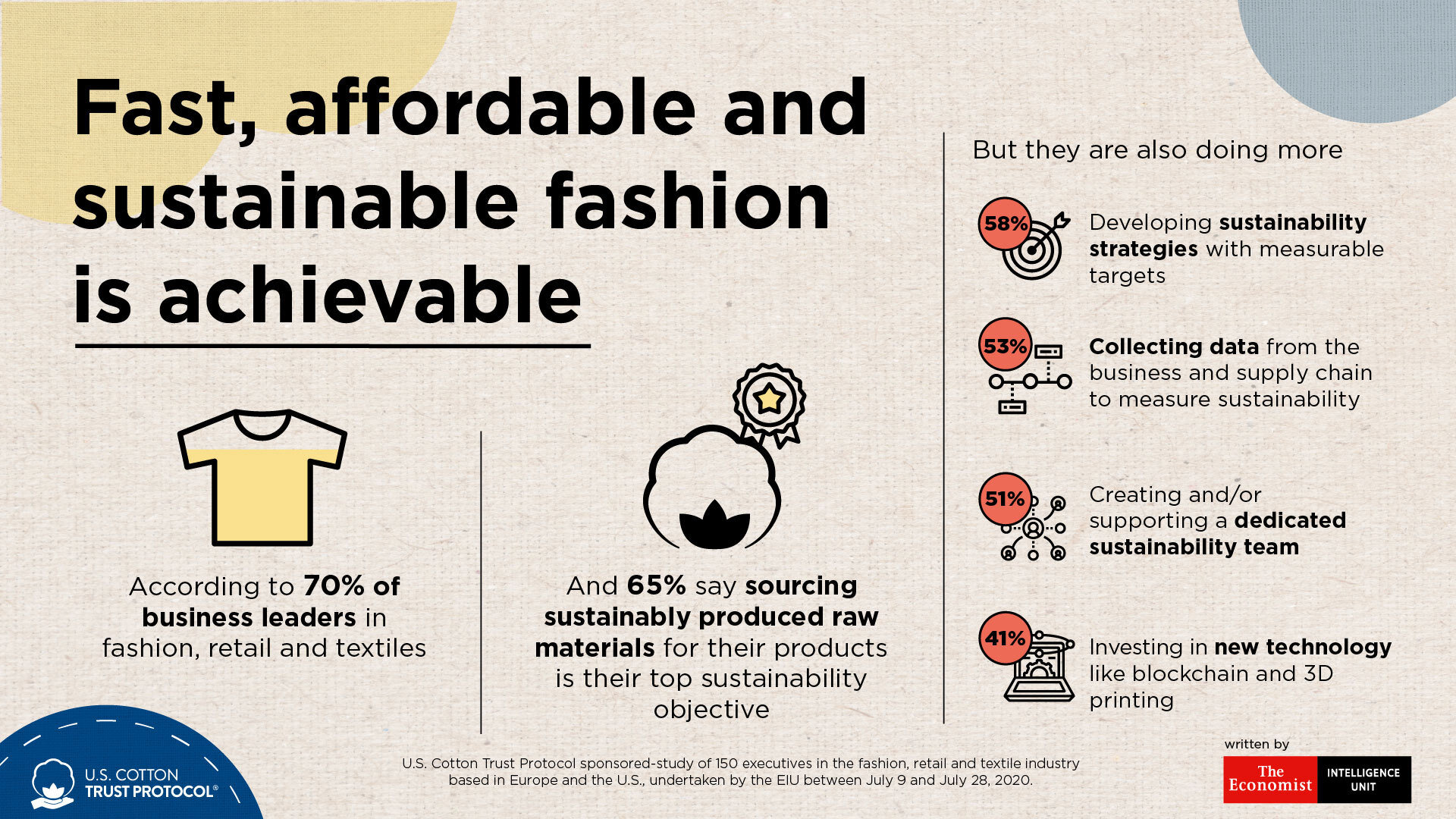Beyond the Fast Lane: Understanding Brands that Prioritize Sustainability and Ethical Production
Related Articles: Beyond the Fast Lane: Understanding Brands that Prioritize Sustainability and Ethical Production
Introduction
With great pleasure, we will explore the intriguing topic related to Beyond the Fast Lane: Understanding Brands that Prioritize Sustainability and Ethical Production. Let’s weave interesting information and offer fresh perspectives to the readers.
Table of Content
Beyond the Fast Lane: Understanding Brands that Prioritize Sustainability and Ethical Production

The term "fast fashion" has become synonymous with disposable clothing, characterized by rapid trends, low prices, and often unethical production practices. While the allure of affordable fashion is undeniable, the environmental and social consequences are increasingly coming to light. This has prompted consumers to seek alternatives, leading to a growing demand for brands that prioritize sustainability and ethical production.
This article delves into the characteristics of brands that stand apart from the fast fashion model, exploring the crucial factors that differentiate them and highlighting the benefits of choosing these alternatives.
Defining the Opposition: What Sets Sustainable and Ethical Brands Apart
The distinction between fast fashion and its sustainable and ethical counterparts lies in a fundamental shift in values and practices. Sustainable and ethical brands prioritize the following:
1. Material Sourcing and Production:
- Sustainable Materials: These brands prioritize natural fibers like organic cotton, linen, hemp, and wool, often sourced from certified sustainable farms. They may also utilize recycled materials, reducing reliance on virgin resources.
- Ethical Manufacturing: Production processes emphasize fair labor practices, safe working conditions, and living wages for workers. Transparency in supply chains is crucial, allowing consumers to trace the origins of their clothing.
- Minimizing Environmental Impact: Sustainable brands strive to minimize their carbon footprint through efficient production processes, reducing waste, and employing eco-friendly dyes and finishes.
2. Design and Durability:
- Timeless Designs: Unlike fast fashion, which emphasizes fleeting trends, sustainable brands focus on creating timeless pieces designed to last. This reduces the need for frequent purchases, contributing to a more sustainable wardrobe.
- High Quality and Durability: These brands invest in high-quality materials and construction techniques, ensuring that their garments are built to last and can be worn for years to come.
3. Transparency and Accountability:
- Open Communication: Sustainable and ethical brands prioritize transparency, openly communicating their sourcing practices, production methods, and social impact initiatives. This allows consumers to make informed choices based on ethical considerations.
- Commitment to Ethical Standards: These brands often adhere to certifications and standards like Fair Trade, GOTS (Global Organic Textile Standard), and B Corp, demonstrating their commitment to ethical practices.
Benefits of Choosing Sustainable and Ethical Brands:
1. Environmental Sustainability: By choosing sustainable brands, consumers actively contribute to reducing the environmental impact of the fashion industry. This includes minimizing resource depletion, reducing greenhouse gas emissions, and minimizing pollution from textile production.
2. Social Responsibility: Supporting ethical brands ensures fair treatment of workers throughout the supply chain. This translates to improved working conditions, fair wages, and a more equitable distribution of wealth.
3. Quality and Longevity: Investing in durable, high-quality garments reduces the need for frequent replacements, minimizing waste and promoting a more sustainable wardrobe.
4. Supporting Ethical Practices: By choosing brands that prioritize ethical production, consumers contribute to a more just and sustainable fashion industry, encouraging other brands to adopt similar practices.
5. Empowering Consumers: Choosing sustainable and ethical brands allows consumers to align their purchasing decisions with their values, promoting a more conscious and ethical approach to fashion.
FAQs about Brands that Prioritize Sustainability and Ethical Production:
1. What are some examples of brands that prioritize sustainability and ethical production?
There are numerous brands operating outside the fast fashion model. Some notable examples include:
- Patagonia: Known for its commitment to environmental activism and sustainable practices, Patagonia uses recycled materials, promotes fair labor practices, and actively advocates for environmental protection.
- Everlane: This brand focuses on transparency, openly sharing the cost breakdown of its products and promoting ethical production practices.
- Eileen Fisher: This brand emphasizes timeless designs, sustainable materials, and fair labor practices, offering a curated selection of high-quality garments.
- People Tree: This brand specializes in fair trade clothing, working directly with artisans and cooperatives in developing countries to ensure fair wages and ethical working conditions.
- Veja: This brand focuses on sustainable and eco-friendly sneakers, using recycled materials and prioritizing fair trade production.
2. Are sustainable and ethical brands more expensive than fast fashion?
While it’s true that sustainable and ethical brands often have higher price points than fast fashion, this is a reflection of the higher production costs associated with using sustainable materials, ethical manufacturing, and fair labor practices. However, the higher price tag should be viewed as an investment in quality, durability, and ethical values.
3. How can I find sustainable and ethical brands?
Several resources can help consumers identify brands that prioritize sustainability and ethical production:
- Online directories: Websites like Good On You, Ethical Consumer, and Made Trade provide comprehensive information and ratings for brands based on their sustainability and ethical practices.
- Certifications and labels: Look for certifications like Fair Trade, GOTS (Global Organic Textile Standard), B Corp, and OEKO-TEX, which indicate adherence to specific ethical and environmental standards.
- Brand websites and social media: Many brands actively communicate their sustainability and ethical practices on their websites and social media channels.
4. What are some tips for building a sustainable wardrobe?
Tips for Building a Sustainable Wardrobe:
- Invest in Quality: Choose durable garments made from sustainable materials that will last for years.
- Prioritize Timeless Designs: Opt for classic pieces that can be styled in multiple ways, reducing the need for frequent purchases.
- Repair and Upcycle: Extend the life of your clothes by repairing worn-out items and upcycling old pieces into new garments.
- Shop Secondhand: Explore thrift stores, consignment shops, and online marketplaces for pre-loved clothing, reducing waste and finding unique pieces.
- Consider Capsule Wardrobes: Create a curated selection of essential items that can be mixed and matched, minimizing the need for excessive purchases.
- Support Ethical Brands: Choose brands that prioritize sustainability and ethical production, promoting a more just and sustainable fashion industry.
Conclusion: The Future of Fashion is Sustainable and Ethical
The growing awareness of the environmental and social consequences of fast fashion has sparked a shift in consumer preferences, driving demand for brands that prioritize sustainability and ethical production. By choosing these brands, consumers actively contribute to a more sustainable and equitable fashion industry.
While the transition away from fast fashion may require adjustments in consumer habits and a willingness to pay a premium for quality and ethical production, the benefits are undeniable. Embracing sustainable and ethical brands represents a crucial step towards building a more responsible and just fashion industry, promoting environmental protection, fair labor practices, and a more conscious approach to consumption.








Closure
Thus, we hope this article has provided valuable insights into Beyond the Fast Lane: Understanding Brands that Prioritize Sustainability and Ethical Production. We thank you for taking the time to read this article. See you in our next article!